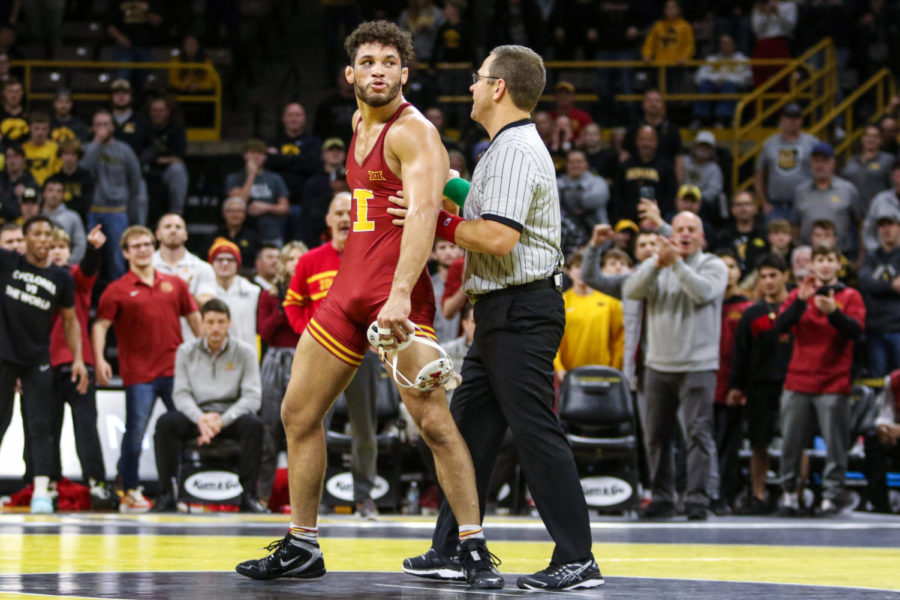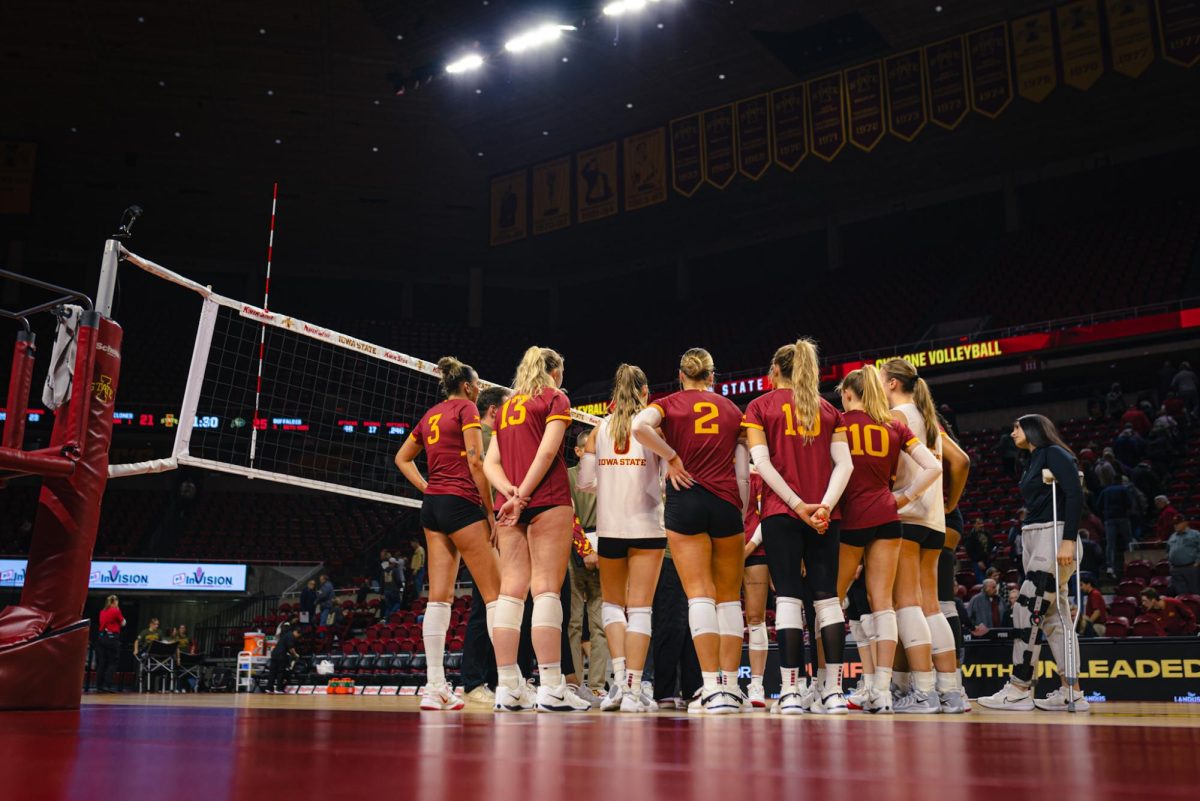EDITORIAL: Court declines major case on minors
February 12, 2003
In a stunning move, the U.S. Supreme Court refused on Monday to hear an appeal that could strike down the death penalty for convicted felons who were 16 or 17 at the time of their crime.
In refusing to hear Hain v. Mullen, the high court leaves the decision of whether 16- or 17-year-olds should be eligible for the death penalty in the hands of each state. Out of the 38 states and two federal jurisdictions — the federal civilian government and federal military — that allow the death penalty, there is a rift as to how young a convicted criminal can be to be eligible for execution.
In 17 states it is OK to have a 16-year-old eligible for the death penalty, while five other states have allowed the eligibility of 17-year-olds. Federal law prohibits that minors age 15 and under to be eligible for the death penalty, in accordance with Thompson v. Oklahoma Supreme Court ruling in 1988.
Legal analysts believe the court refused to hear the Hain case after striking down a similar case regarding juveniles and the death penalty in October. The analysts said four judges on the court may have wanted to avoid the issue because they knew they would not be able to sway the five other judges, who are more conservative.
The high court should not tiptoe around the issue. If the Supreme Court had heard the case, it surely would have voted to uphold federal law. But what the court would’ve been able to do is take it a step further — to make a blanket ruling that sets the mandatory age limit at 16 for all states.
The defendant in Hain v. Mullen — Scott Allen Hain, 32 — was 17 when he was convicted of the kidnapping, robbery and murder of a Tulsa, Okla., couple. His attorney is arguing that executing individuals who were under the age of 18 at the time of the crime is cruel and unusual punishment.
The conviction and execution of minors has also come to light since the Washington, D.C.-area sniper shootings in October that took the lives of 13 people and left six wounded. Lee Malvo, who was arrested in connection with the incident, is 17-years-old and is being tried as an adult in a Virginia court. He will be eligible for the death penalty.
Sixteen-year-olds in today’s society are easily capable of taking on adult roles, especially in light of the sniper shootings. In most states, they are old enough to drive — which can be considered a deadly weapon — and they should know the difference between right and wrong.
The case should have been heard. By making a blanket ruling, the Supreme Court could have taken away any confusion relating to the on going debate of whether or not 16-and 17-year-olds deserve the death penalty for acts that would certainly lead older criminals to a similar fate.
Editorial Board: Cavan Reagan, Amber Billings, Ayrel Clark, Charlie Weaver






